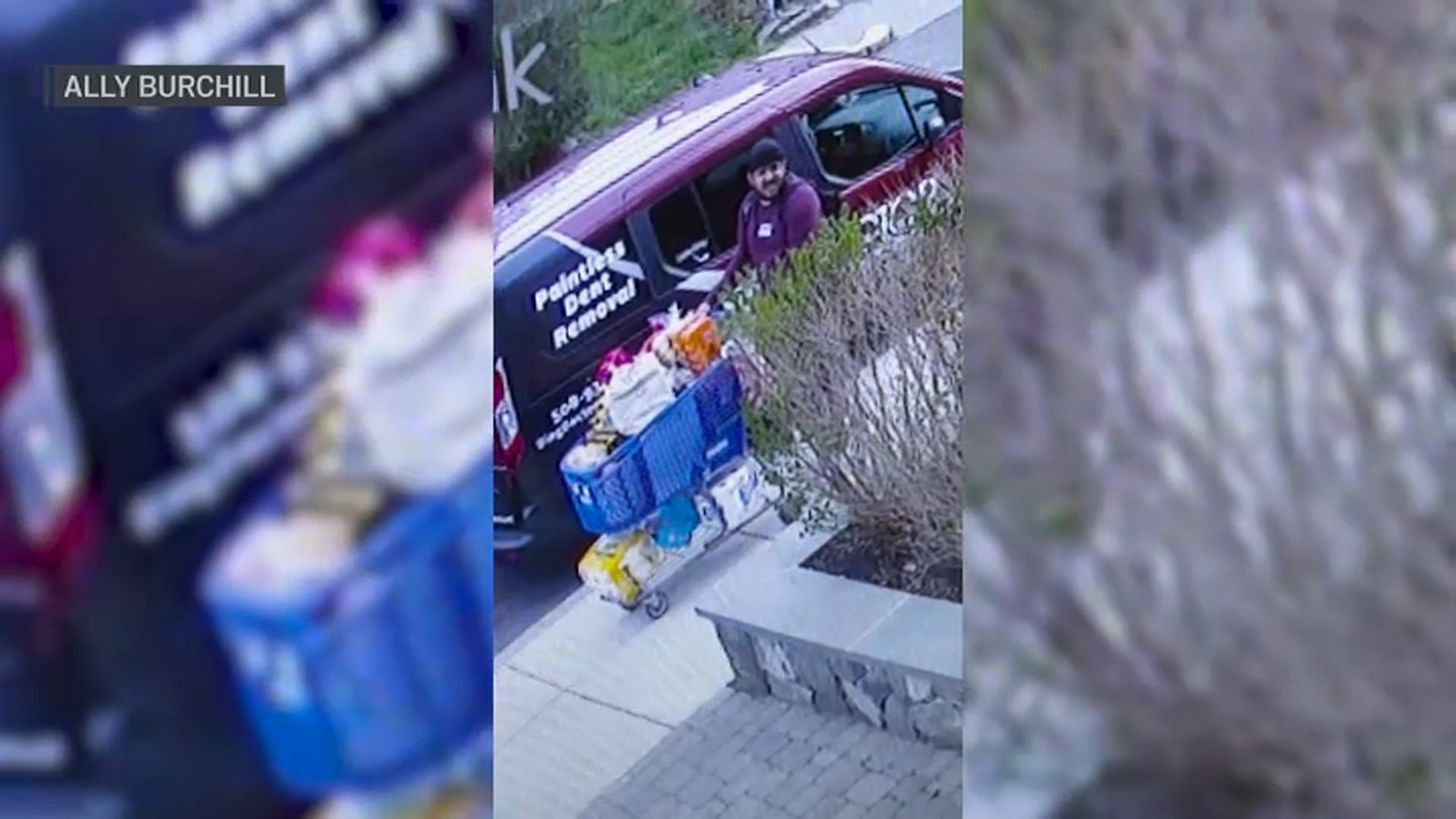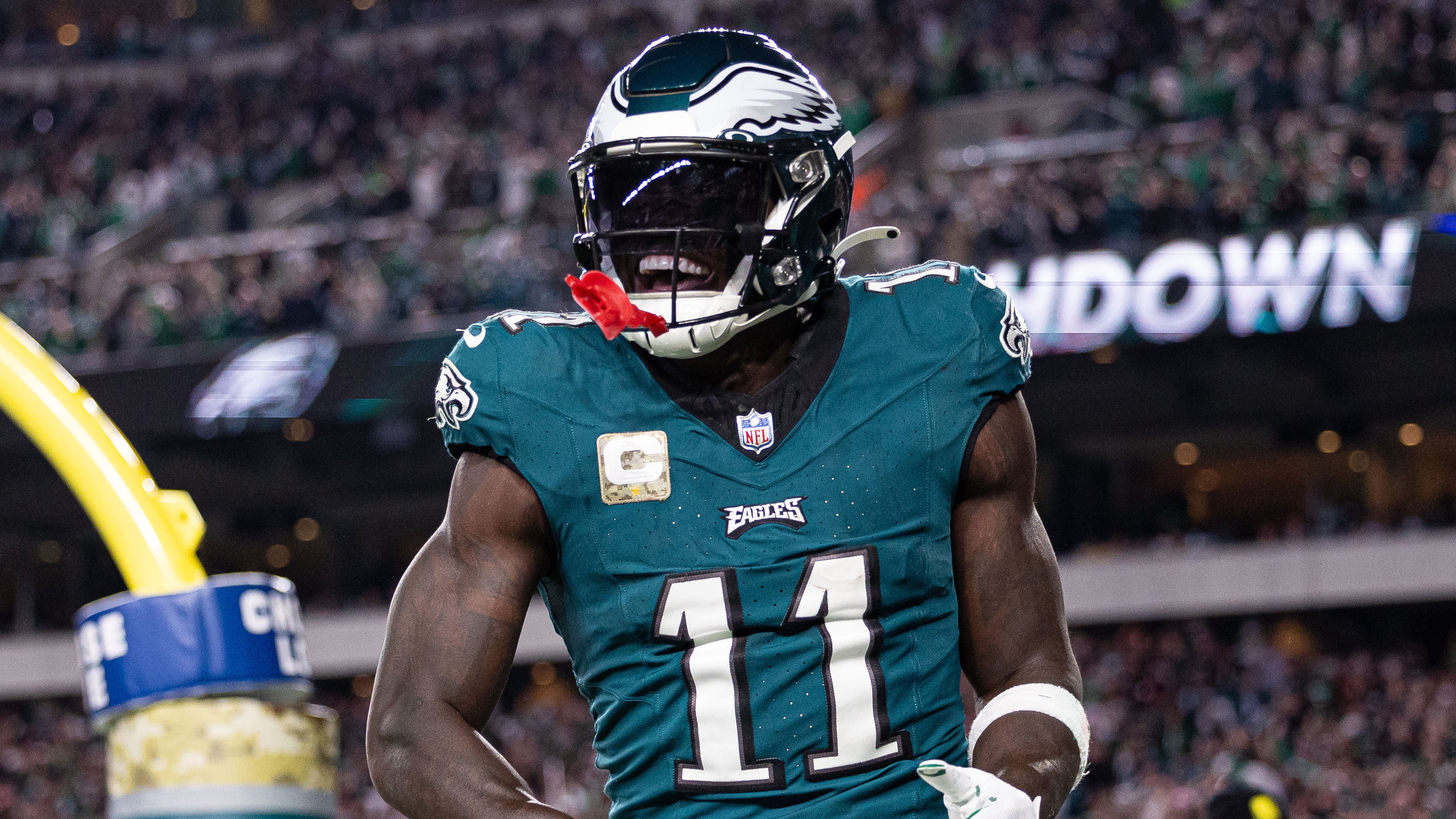Massachusetts Gov. Charlie Baker said Tuesday that the state's top federal prosecutor should focus on the opioid crisis instead of the marijuana market operating within state law.
Baker says he is looking forward to speaking with U.S. Attorney Andrew Lelling, who refused Monday to offer federal immunity to the "state-level marijuana trade," saying determinations about such prosecutions would instead be made on a "case-by-case basis."
"He mentioned in his remarks that he has limited resources," Baker said. "I would like to see his limited resources focus on the elements that are killing many people every day here in the commonwealth, which is fentanyl. And that's going to be my message to him — let's focus on the stuff that, right now, is wreaking havoc across our commonwealth."
The governor has long been an advocate of combating the opioid epidemic. He said he would stress to Lelling that the Bay State, like other places, is in the midst of a major public health crisis.
"The big message to the U.S. attorney's office should be, 'If you have limited resources, let's focus on the thing that's killing people here every day in the commonwealth,'" he said.
Baker, who did not support the ballot initiative that brought legal marijuana to Massachusetts, added that it has the support of the people, and that he would tell Lelling he should "recognize and understand that the voters of Massachusetts voted to create a legal, regulated recreational marijuana market here in the commonwealth."
He also explained the importance of medical marijuana to those who have come to rely on it.
"For people for whom that's a viable and appropriate way of dealing with all kinds of issues — nausea, anxiety, a whole variety of things — that's become an important element in how they get through their day," he said. "We need to factor that into the way that we think about it."
Across the aisle from the Republican governor, the Democratic speaker of the house said Monday that Lelling's statement brings uncertainty to the entrepreneurs and investors who are compliant with Massachusetts law.
Local
In-depth news coverage of the Greater Boston Area.
"I'm not sure what type of message that sends or what type of security that gives you," said Robert DeLeo. "Or lack of security, I should say."
"I did get an email this morning from a couple of dispensaries that said ... 'Because of the comments of the US attorney, we are no longer able to use debit cards,'" Will Luzier of the Marijuana Policy Project of Massachusetts said.
[[308443961, C]]
The Cannabis Control Commission, a five-member panel created to regulate marijuana in Massachusetts, has pledged to continue the process overseeing the imminent opening of commercial pot shops. Baker threw his support behind the commission Tuesday.
"Their basic approach, at this point, is to move forward as originally intended, and to put in place a recreational market by July," Baker said.
"We've got a job that was mandated by the voters of the state and we're going to continue to do that job and build and regulate this industry as well as we possibly can," said Steven Hoffman, who chairs the Cannabis Control Commission.
The remarks from Lelling, a nominee of President Donald Trump, came in response to the questions raised when U.S. Attorney General Jeff Sessions rescinded the Cole Memorandum, an Obama-era policy that calls for the U.S. government not to interfere with states' marijuana laws. Eight states, including Massachusetts, have legalized recreational use for adults.
Information from the Associated Press was used in this report.



